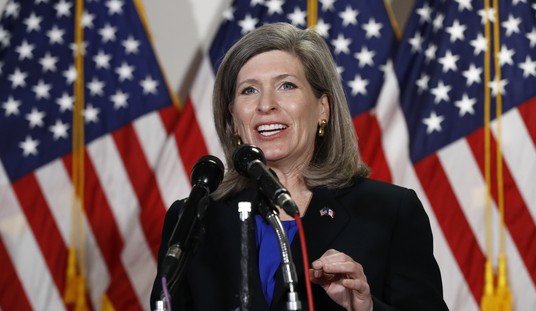A draft of the new Title IX rules from the Department of Education was circulated a couple of months ago and they predictably had progressive groups setting their hair on fire. The final version has now been rolled out and, while there were some minor (but troubling) changes made, those same groups aren’t going to be any happier. The days of kangaroo courts hearing questions of criminal law at schools where cases of sexual assault or harassment are concerned won’t be ending entirely, but they will be decidedly more fair to all parties concerned. (Reason)
This guidance will replace an approach, established under the Obama administration, that threatened free expression on college campuses and due process rights for students accused of sexual misconduct. Unlike the Obama-era guidance, the DeVos policies operate in accordance with basic principles of fairness. They are a massive step forward. If colleges are going to be involved in the business of adjudicating sexual assault, this new approach is vastly preferable.
A draft of the new proposals was released in September; the final version differs slightly, according to an Education Department spokesperson familiar with the process.
Reason provides a thorough breakdown of the changes, but we may as well highlight a few of them here, starting with the good news. One big ticket item is that colleges and universities choosing to settle questions of misconduct on campus will no longer be able to appoint a single administrator of their choosing to investigate allegations, draft a report on their findings and make a final determination, essentially acting as a one man (or woman) judge, jury and executioner.
The revised rules also define “sexual misconduct” more narrowly, limiting it to actions which are “severe, pervasive, and objectively offensive.” The Obama era rules allowed the equivalent of a sexual harassment trial for anything someone took offense at, including suggestive speech. The new rules also provide for cross-examination by representatives of both parties, not just the accuser. Convictions may also require the accuser’s team to meet the clear-and-convincing standard of evidence, not the far lower bar of preponderance-of-the-evidence. Schools will still be able to invoke the looser standard, but only if they do it for all infractions, not just sexual misconduct cases.
All of these changes are positive steps, but they still don’t do enough. In an ideal situation, the Education Department would recognize that any cases involving physical violence, including sexual assault, rape or related crimes cannot be properly handled by a bunch of school administrators. They need to be immediately referred to the police with the school doing nothing more than providing evidence for the prosecution if available. And in matters of “misconduct” which don’t rise to the level of a crime, there needs to be a recognition of the right to free speech and a demand that the same standards be applied to all misconduct cases equally.
While it would have been nice for Betsy DeVos to eliminate these kangaroo courts entirely, she’s at least taking some positive steps to improve the situation. For that effort, she should be congratulated.








Join the conversation as a VIP Member